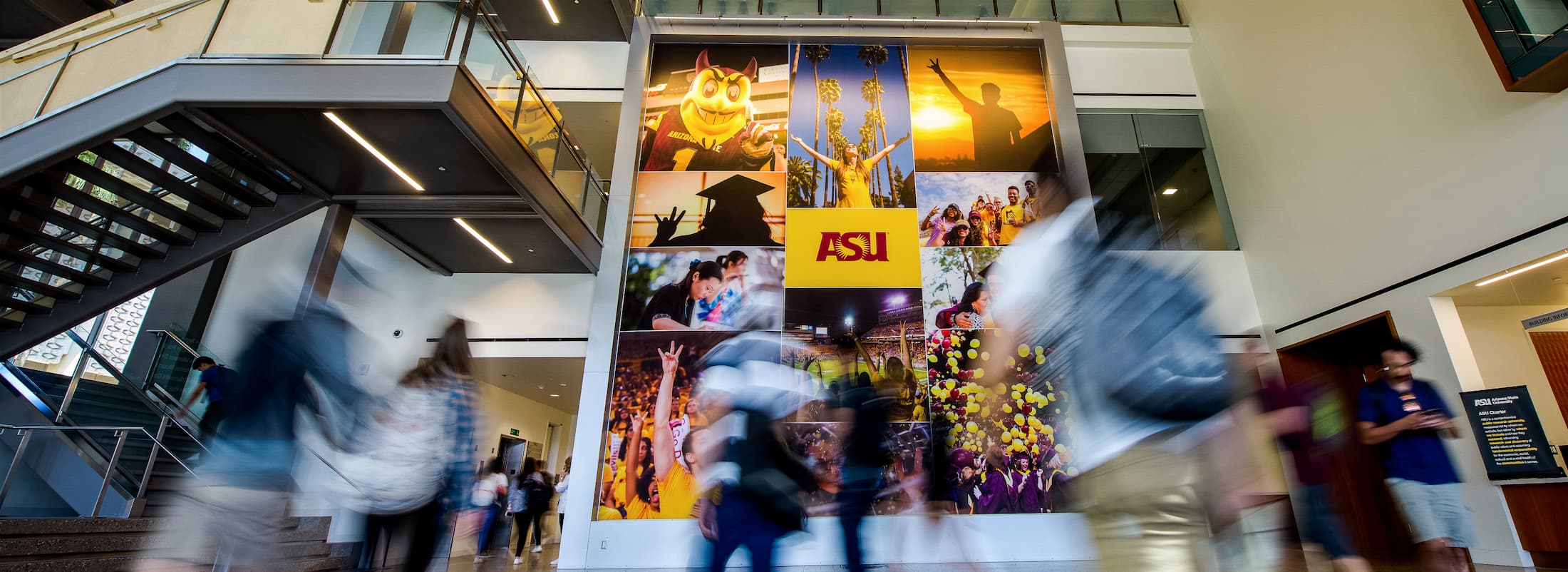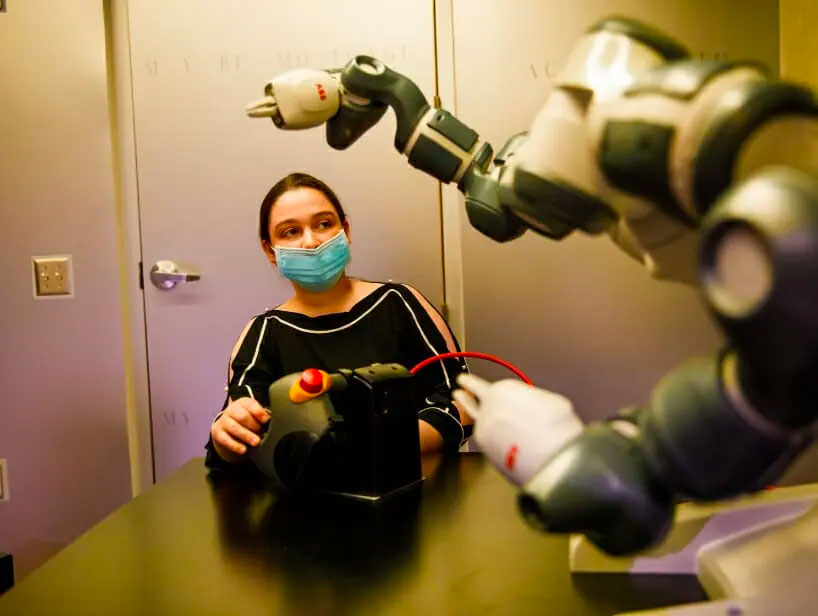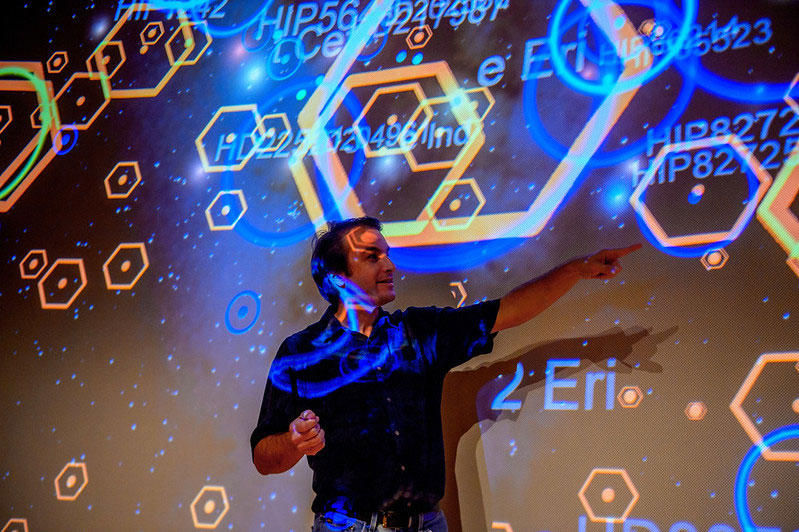
Centers and institutes
Filters

The Global Security Initiative (GSI) leverages ASU’s faculty expertise, global reach, student body and culture of innovation to drive advances in security and defense-related technologies and educational efforts.
Global Security Initiative
GSI’s Narrative, Disinformation & Strategic Influence Center conducts interdisciplinary research that develops tools and insights for decisionmakers, policymakers, civil society groups, and communities in order to support holistic defenses against information-related threats to global democracy.

IFIS help embody ideas about innovation, knowledge and future across ASU and develop them broadly throughout society, through an ambitious and integrated agenda for education, training, research, outreach and engagement.
Institute for the Future of Innovation in Society
The center addresses challenges in global development, one of the greatest moral and political imperatives of our time.
The center enhances the lives of people living and working in the correctional system through research, education and community engagement
The Lodestar Center for Philanthropy and Nonprofit Innovation is a global leader in advancing understanding and effective philanthropic and nonprofit practice as a community development strategy.
The CAOE, led by Arizona State University, develops and applies advanced analytical tools and technologies to enhance planning, information sharing and real-time decision-making in homeland security
The Center for American Institutions has a single nonpartisan purpose: Preserving and renewing fundamental American institutions to maintain well-ordered liberty through the fostering and renewal of foundational American institutions including civic, religious, legal, financial, political, military and family.
The Center for Emergency Management and Homeland Security (CEMHS) is a university-wide interdisciplinary hub for the research and practice of emergency management and homeland security.
The Center for Problem-Oriented Policing advances the concept and practice of problem-oriented policing in open and democratic societies.
The Center for Science, Technology and Environmental Policy Studies conducts research, evaluates policy, and develops solutions for some of the world’s most pressing challenges at the nexus of scientific, societal, technological, and environmental change.
The Center for Violence Prevention and Community Safety evaluates policies and programs, analyzes and evaluates patterns and causes of violence, develops strategies and programs, develops a clearinghouse of research reports and “best practice” models, educates, trains and provides technical assistance, and facilitates the development and construction of databases.
The center contributes to the understanding of how technology’s potential for innovation is realized in government and society, and explores roadblocks or negative effects that must be addressed. The center looks at how to leverage for the public good the information and data made possible by technological advances.
The Consortium for Science, Policy & Outcomes is an intellectual network aimed at enhancing the contribution of science and technology to society’s pursuit of equality, justice, freedom, and overall quality of life.
The Family Violence Center is a non-partisan center that engages in research, public policy work, program evaluation, and education and training designed to eradicate family violence.
The Global Center for Applied Health Research designs, implements and tests evidence-based and culturally appropriate interventions to improve the health and wellbeing of children, youth and families around the world through equitable research collaborations between transnational teams of researchers and community partners.
The Lodestar Dispute Resolution Center expands efforts to understand the nature of conflict and its impact on the effectiveness of dispute resolution.